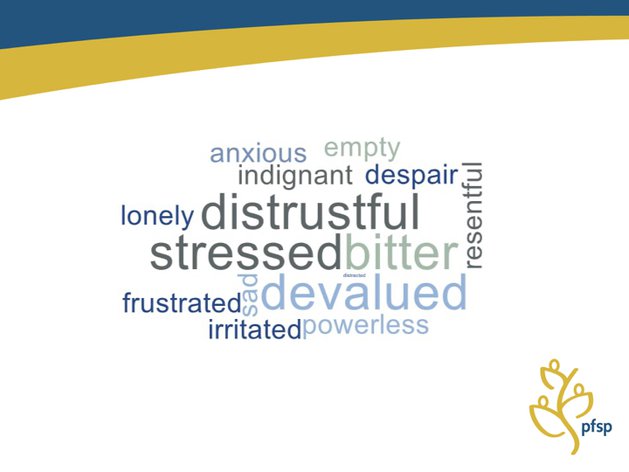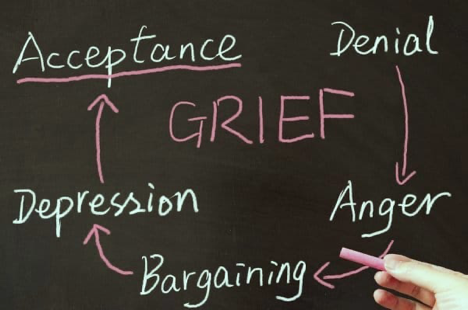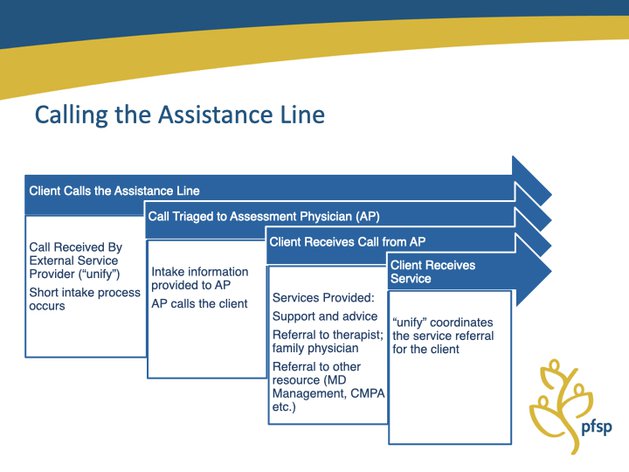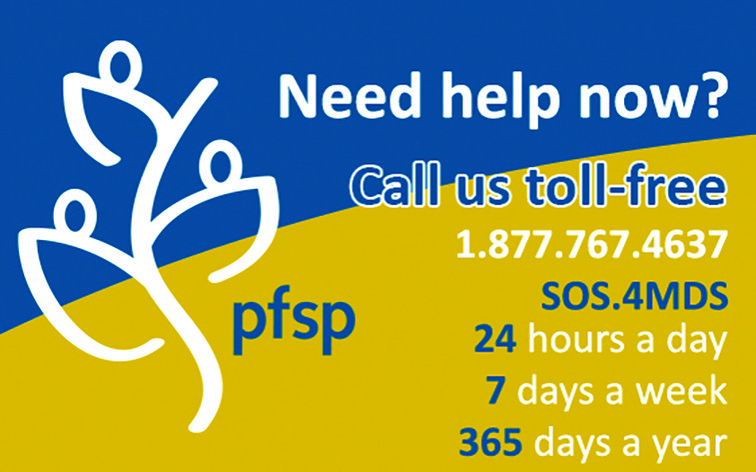At PFSP we know first-hand how stressful the practice of medicine is at this time. Can you relate to any of the emotions in the word cloud below? Do you sense these in your colleagues or your loved ones? Your friends? Your patients? Are you having difficulty being compassionate with yourself and with others?
These can be difficult emotions, and they’re uncomfortable or even painful. But emotions are neither dangerous nor toxic, good nor bad, but rather a signal for us to pay attention to our needs.

We know that physicians are remarkably resilient and adaptable in the face of change. What’s happening now is that we’re not only dealing with the changes and risks forced upon us by a global pandemic but also by a political climate that has led us to feel devalued and vulnerable. Many of us have lost our sense of control over our work life, our trust in our elected leaders, and our optimism about the future. Not surprisingly we are having a variety of emotional reactions to our many losses.
By focusing on our individual wellness, we can better understand our distress related to the upheavals in our lives. This distress causes emotions that are rooted in the loss of normality in our lives. When we experience loss, grief is the natural response for all of us. The Kübler-Ross model of the five stages of grief can be a useful framework, allowing us to make sense of our emotions and even to manage our distress – and possibly to go further, moving beyond grief with new meaning and purpose.

To help you to understand your feelings and to offer some strategies to manage what you’re experiencing, we created a webinar. You’ll find out what we’ve learned from our interactions with physicians on the 24-hour support line and the results of the AMA Urgent Needs and Preparing for What Comes Next 2020 survey. As well, you will meet Fleur Yumol, MSc, MSW, RSW, who has over 20 years of experience as a clinical social worker in Alberta. Fleur has worked with physicians through PFSP as a therapist and now as the administrator of our 24/7/365 support line. In fact, Fleur is one of the three people who answer the PFSP support line when you call.
You can access the webinar here.
Through plain talk and analogies, Fleur normalizes our emotions and gives us some tools to help manage them.
When you find yourself feeling that you need some support
Now, and in the months to come, if you find yourself feeling that you need some support or counselling, please give PFSP a call at 1.877.767.4637. We know that it can be difficult to make that call, especially if you don’t know exactly what to expect, so here’s some info.
So what happens when you call the line?
When you call the PFSP line, it is answered 24 hours a day, 7 days a week by Fleur, Jon or Julia. They will ask you to provide demographic information such as your name, address and date of birth, and they will pass your call onto the physician on call. There are myriad of reasons that physicians call the line – it could be family or work issues, mental health, stress, substance use or anything that is bothering you. It doesn’t need to be a crisis; reaching out early can prevent a problem from becoming a crisis. Many of our callers choose to access one of our qualified therapists; some choose just to discuss their concern with the on-call physician peer. Whatever your reason for calling, you can be assured that you will receive confidential, compassionate support.
For more information about confidentiality, check out this document.

Other resources
Podcasts
One Nail at a Time: Insights for building your patient's medical home series, 17 | Weathering the storm: A candid discussion about physician grief with Dr. Heather La Borde and Dr. Brad Bahler, June 14, 2020
Unlocking us series, David Kessler and Brené Brown on grief and finding meaning
- Three stages of psychological response to crisis, emotions
- What are you really feeling?
- Actions you can take at each stage of grief
Documents
Harvard Business Review, That discomfort you’re feeling is grief. March 23, 2020
Grieving the loss of normalcy during the pandemic
https://bb31a78a-5cf6-4d5b-950e-8d7723740e07.filesusr.com/ugd/021036_dae21e39f59147b198c270cfd108c9cb.pdf?index=true
. Well Doc Alberta education bulletin #4, April 7, 2020Supporting team members grieving COVID-19 related losses. AHS physician wellness infographic COVI’D like to chat topic #2
Banner image credit: Gerd Altmann, Pixabay.com

